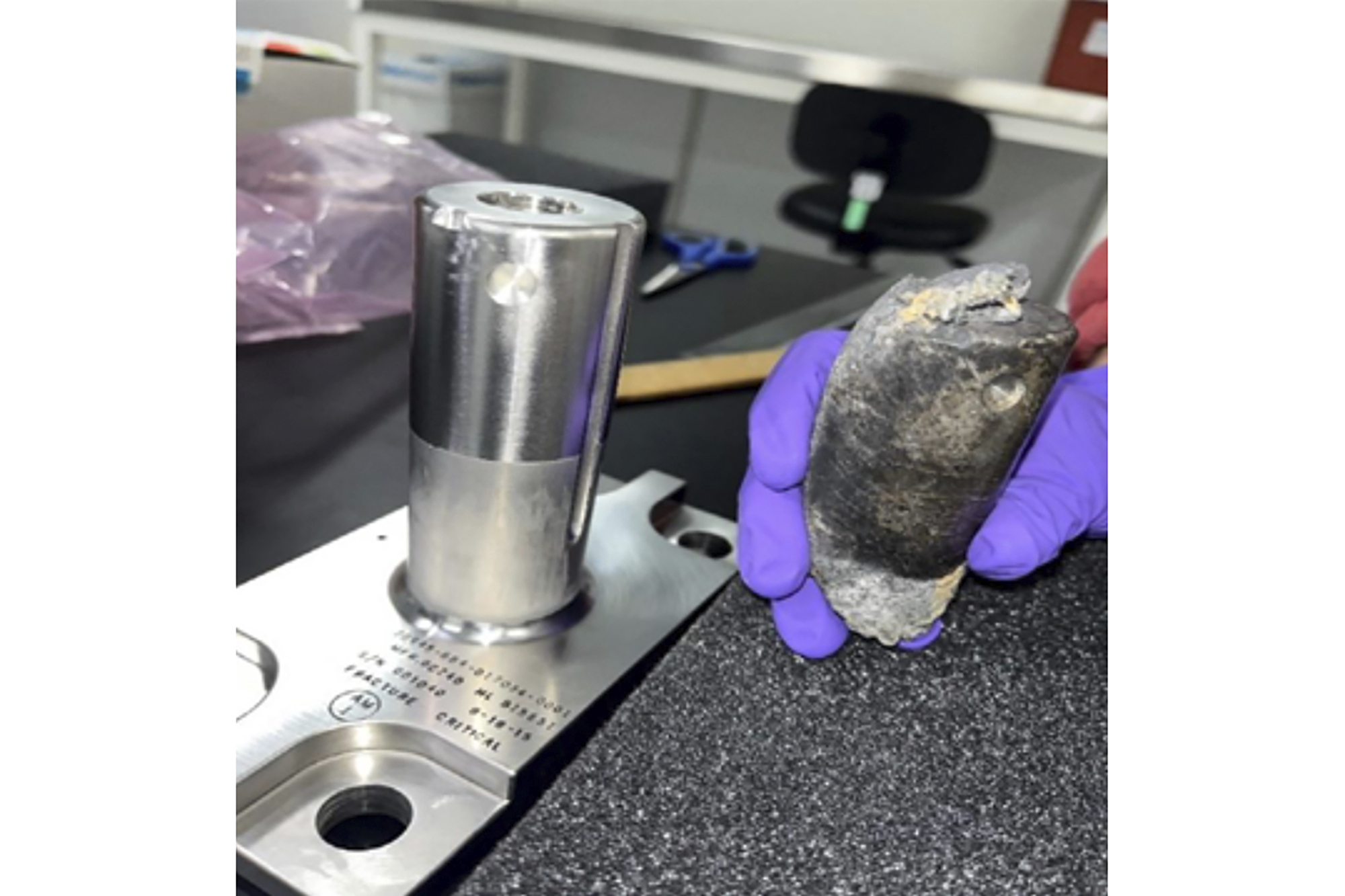BOSTON, Massachusetts, November 19, 2008 (ENS) - Five large U.S. corporations and a coalition of investors and environmental groups today announced that they have formed a new organization to lobby for strong U.S. climate and energy legislation in early 2009 to spur a clean energy economy and reduce global warming.
The founding members of Business for Innovative Climate and Energy Policy, to be known as BICEP, are Levi Strauss & Co., Nike, Starbucks, Sun Microsystems and The Timberland Company.
BICEP members believe that climate change impacts will ripple across all sectors of the economy and that new business perspectives are needed to solve the climate and energy challenges facing America.
"These companies have a clear message for next year's Congress - move quickly on climate change to kick-start a transition to a prosperous clean energy economy fueled by green jobs," said Mindy Lubber, president of Ceres, the coalition of investors and public interest groups that helped to organize BICEP.
The BICEP companies said today that greenhouse gas reduction targets should be set to at least 25 percent below 1990 levels by 2020 and 80 percent below 1990 levels by 2050. Of all the target figures demanded by various groups, these are some of the strictest.
To accomplish these goals, they would like to see the incoming administration of President-elect Barack Obama and the new Democrat-controlled Congress establish an economy-wide greenhouse gas cap-and-trade system that auctions 100 percent of carbon pollution allowances, promotes energy efficiency and accelerates clean energy technologies.
BICEP's plan includes a redoubling of energy efficiency efforts, fuel-efficient vehicles, plug-in electric hybrids, low-carbon fuels, and transit-oriented development.
U.S. & World
They would stimulate job growth through investment in climate-based solutions, especially green-collar jobs in low-income and climate-vulnerable communities.
They would have the government adopt a national renewable portfolio standard requiring 20 percent of electricity to be generated from renewable energy sources by 2020, and 30 percent by 2030.
And they would limit construction of new coal-fired power plants to those that capture and store carbon emissions. They would create incentives for carbon capture technology on new and existing plants, and phase out existing coal-based power plants that do not capture and store carbon by 2030.
The new coalition's goal is to work directly with key allies in the business community and members of Congress to pass meaningful energy and climate change legislation.
They will likely find allies among the member companies and environmental groups in the U.S. Climate Action Partnership, USCAP, a coalition of 26 corporations and six nonprofit environmental and conservation organizations established in January 2007 to encourage goverment to establish a cap-and-trade program for carbon emissions.
USCAP held a press conference in Washington Tuesday to make the economic case for cap-and-trade legislation that they would like to see written soon after the Obama administration picks up the reins of power.
The non-partisan group said that cap-and-trade legislation is urgently needed to prevent the serious impacts of climate change and will create new economic opportunities.
"While the magnitude of needed reductions are not free of costs, legislation is necessary to spur innovation in green technologies that will create jobs, increase economic activity and provide the foundation for a vibrant, low-carbon economy," USCAP said in a statement.
"The economic opportunity embedded within the shift away from fossil fuels is historic," said David Crane, NRG Energy's chief executive. "For example, think of the enormous fortunes made by those who were on the right side of the shift from the horse to the internal combustion engine. The right climate solution, a moderate price on carbon, can help create real economic opportunities."
"Investment in new technologies and the infrastructure needed for a low-carbon economy are effective ways to generate the jobs and economic growth the U.S. needs to address the current economic crisis," said James Rogers, CEO of Duke Energy. "We must position the U.S. to succeed in the new low-carbon, global economy and this is the best way to accomplish that."
USCAP includes the following corporations and environmental NGOs: Alcoa, AIG, Boston Scientific, BP America, Caterpillar, ConocoPhillips, Chrysler, John Deere, Dow, Duke Energy, DuPont, Environmental Defense Fund, Exelon, Ford, FPL Group, General Electric, General Motors, Johnson & Johnson, Marsh, National Wildlife Federation, Natural Resources Defense Council, NRG Energy, The Nature Conservancy, PepsiCo, Pew Center on Global Climate Change, PG&E, PNM Resources, Rio Tinto, Shell, Siemens, World Resources Institute, and Xerox.
At the press conference, Environmental Defense Fund President Fred Krupp cited a recent University of Maryland study showing that unchecked climate change will strain public budgets and cut growth across all sectors of the economy.
By contrast, a cap-and-trade program designed to cut carbon emissions could provide an economic stimulus, he said.
"A cap can instantly create new customers and new jobs for U.S. manufacturers in the supply chain for clean energy. Think of wind turbines and all of the cement and steel that go into them," said Krupp. "It's the energy and economic revitalization policy America needs now."
{Photo: Clean energy can lead to green collar jobs, such as manufacturing wind turbines at this new Clipper Windpower plant in Cedar Rapids, Iowa. (Photo courtesy Clipper Windpower)}
Copyright Environment News Service (ENS) 2008. All rights reserved.




